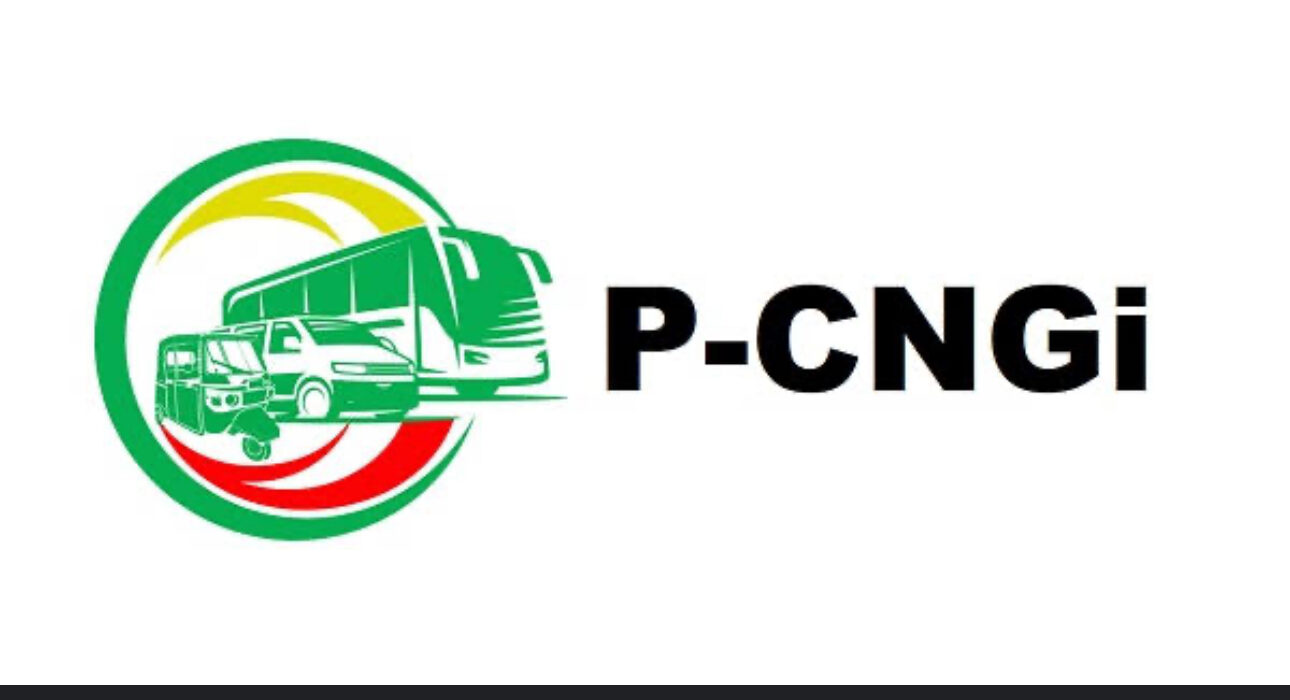FG’s Petrol to CNG Conversion Programme Exceeds 100,000 Mark in One Year

The Federal Government of Nigeria has announced a major milestone in its clean energy transition effort, revealing that over 100,000 petrol-powered vehicles have been converted to run on Compressed Natural Gas (CNG) in the past year alone.
The conversion marks a key achievement under the Presidential CNG Initiative (PCNGi), aimed at reducing dependence on petrol and cutting transportation costs nationwide.
The announcement was made by the Programme Director of PCNGi, Michael Oluwagbemi, who described the progress as “remarkable” and a clear sign that Nigerians are embracing alternative energy solutions.
The initiative was launched in 2023 by President Bola Tinubu as part of efforts to mitigate the impact of petrol subsidy removal and promote cleaner, more affordable fuel options.
“In just one year, we’ve surpassed the 100,000 mark for vehicle conversions,” Oluwagbemi said. “That’s not just a number—it represents thousands of households and businesses experiencing lower fuel costs and contributing to environmental sustainability.”
The government noted that significant investments have followed the CNG rollout. Over $200 million has been injected into the CNG value chain, with more than 140 licensed conversion workshops operating across the country.
These centers are not only handling conversions but also creating jobs and boosting local technical capacity.
As part of the initiative, the government offers free conversions for commercial transport operators and subsidized access for private car owners.
This has enabled thousands of taxis, buses, and official vehicles to make the switch, saving up to 60% on fuel expenses, according to official estimates.
Despite the progress, the transition has not been without challenges. Access to CNG refueling stations remains limited, with fewer than 150 operational outlets across the country.
Many users have also cited high conversion costs—up to ₦1.5 million for some vehicles—as a barrier for private adoption. In response, the federal government has rolled out soft loan schemes and is expanding infrastructure, including mobile gas units and daughter stations.
Safety concerns were also raised earlier in the rollout, especially after a few incidents involving uncertified gas kits.
The PCNGi has since tightened regulations and inspections, ensuring that only approved workshops are permitted to carry out conversions.
The government insists the long-term benefits outweigh the temporary constraints. “Compressed Natural Gas is not just a cost-saving option—it’s safer, cleaner, and more sustainable.
“We are creating a fuel ecosystem that protects the environment and puts money back into the hands of Nigerians,” said Oluwagbemi.
Looking ahead, the Presidential CNG Initiative aims to convert one million vehicles by 2027, making natural gas a mainstream fuel option in the country. The project is also aligned with Nigeria’s broader energy transition plan and global climate goals.
With more government fleets, including those of security and paramilitary agencies, already operating on CNG, officials say the movement is gaining momentum. While infrastructure gaps and affordability remain concerns, the Federal Government is optimistic that the initiative will accelerate Nigeria’s journey toward cleaner and cheaper fuel solutions.





